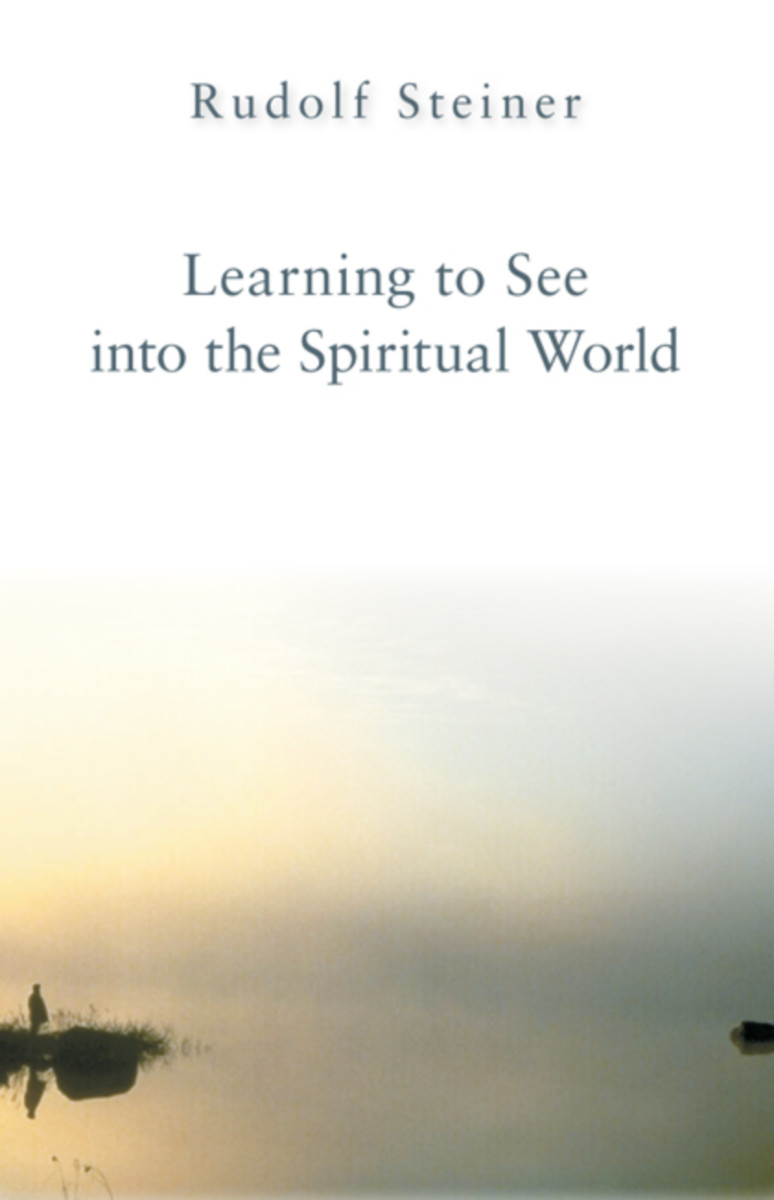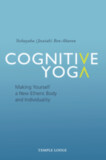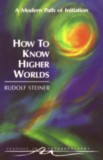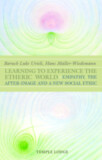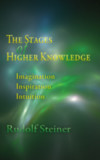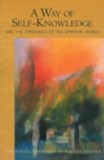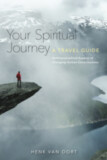Learning to See into the Spiritual World
Lectures to the Workers at the Goetheanum
- Publisher
SteinerBooks - Published
9th August 1999 - ISBN 9780880102810
- Language English
- Pages 88 pp.
4 lectures, Dornach, June 28 – July 18, 1923 (CW 350)
“Truth and striving for truth must taste good to you; and lies, once you are conscious of them, must taste bitter and poisonous. You must not only know that human judgments have color, but also that printer’s ink nowadays is mostly deadly nightshade juice. You must be able to experience this in all honesty and rectitude, and once you can do so, you will be in a state of spiritual transformation” (Rudolf Steiner).
What is the relationship between coming to see the secrets of the universe and one's own view of the world? How far must one go before finding the higher worlds on the path of natural science? Do cosmic forces influence all of humanity? What connection do plants have with the human being and the human body?
In answering these questions, Steiner covers a wide range of topics, from the development of independent thinking and the ability to think backward to the uses of what seems boring and the reversal of thinking between the physical and spiritual worlds, and from the “physiology” of dreams to living into nature and the spiritual dimension of various foods we eat.
As always in his lectures to the workers, Steiner's style is clear, direct, and accessible.
This volume is a translation from German of four lectures from Rhythmen im Kosmos und im Menschenwesen: Wie kommt man zum Schauen der geistigen Welt? (GA 350).
C O N T E N T S:
1. “The Development of Independent Thinking and the Ability to Think Backward”
2. “The Uses of What Seems Boring: The Spiritual World as the Inverse of the Physical”
3. “Developing Honesty in Thinking”
4. “Learning to Live Correctly in the Outer World”
Rudolf Steiner
Rudolf Steiner (b. Rudolf Joseph Lorenz Steiner, 1861–1925) was born in the small village of Kraljevec, Austro-Hungarian Empire (now in Croatia), where he grew up. As a young man, he lived in Weimar and Berlin, where he became a well-published scientific, literary, and philosophical scholar, known especially for his work with Goethe’s scientific writings. Steiner termed his spiritual philosophy anthroposophy, meaning “wisdom of the human being.” As an exceptionally developed seer, he based his work on direct knowledge and perception of spiritual dimensions. He initiated a modern, universal “spiritual science” that is accessible to anyone willing to exercise clear and unbiased thinking. From his spiritual investigations, Steiner provided suggestions for the renewal of numerous activities, including education (general and for special needs), agriculture, medicine, economics, architecture, science, philosophy, Christianity, and the arts. There are currently thousands of schools, clinics, farms, and initiatives in other fields that involve practical work based on the principles Steiner developed. His many published works feature his research into the spiritual nature of human beings, the evolution of the world and humanity, and methods for personal development. He wrote some thirty books and delivered more than six thousand lectures throughout much of Europe. In 1924, Steiner founded the General Anthroposophical Society, which today has branches around the world.


